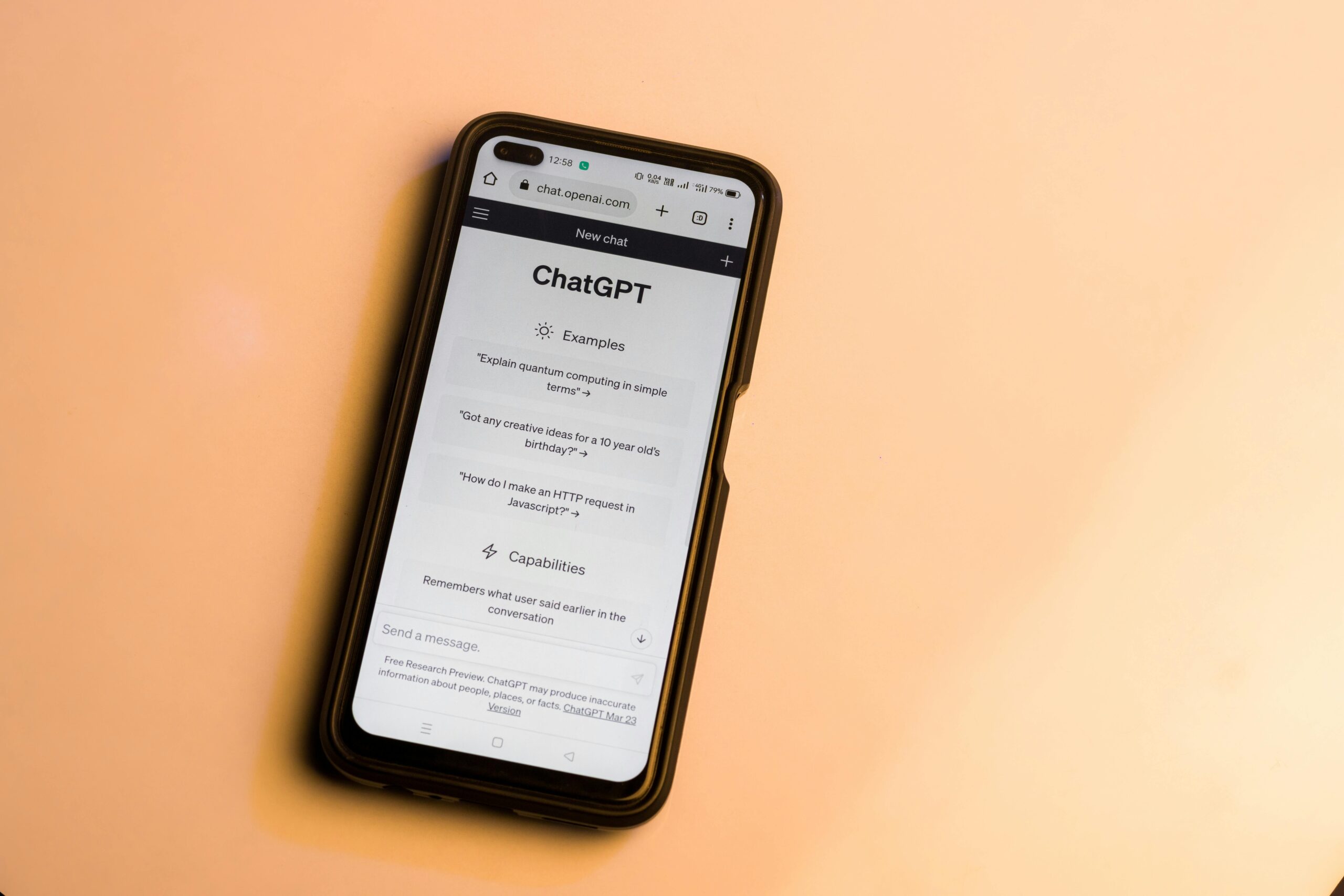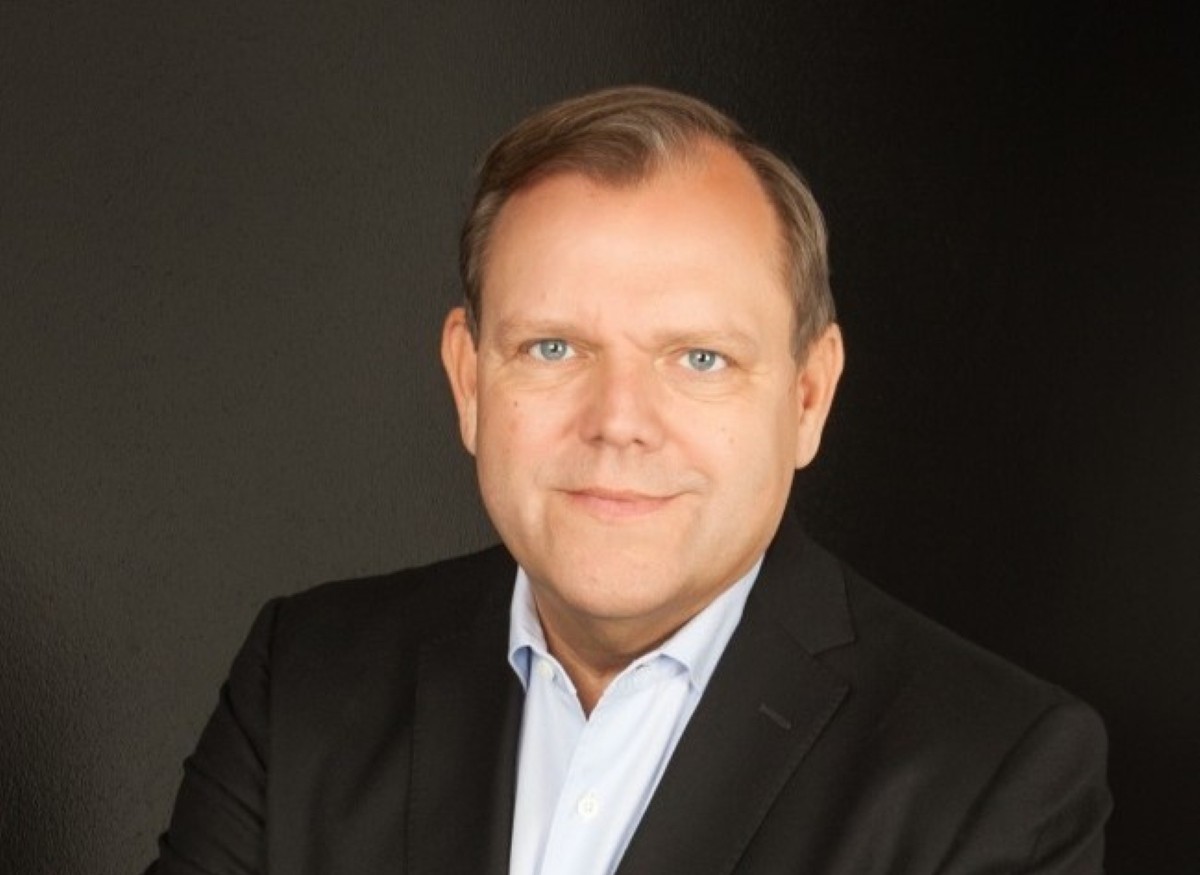Performance has overtaken engagement as HR’s top priority in 2026, while employees are increasingly pushing back on unpaid workload increases and organisations race to embrace AI.
These are among the key findings of the 2026 State of People Strategy Report by Lattice, which surveyed over 1,000 HR professionals worldwide to uncover how people teams are adapting to shifting workplace dynamics.
Drawing on insights from over 1,000 HR professionals across Europe, the United States and beyond, the study highlights how teams are navigating the complexities of technology adoption, workplace polarisation, and generational divides – all while defending the value of people programmes under tightening budgets.
Performance takes the lead
According to the findings, 40 per cent of HR professionals now cite performance management as their top priority, narrowly ahead of employee engagement at 39 per cent. Diversity, equity, inclusion and belonging (DEIB), however, has slipped to the bottom of the list, with just 16 per cent naming it a priority – half the level seen in 2023.
Experts warn that cutting back on DEIB could undermine performance itself. “When teams feel seen, valued, and empowered to contribute authentically, performance follows,” noted Natalie Breece, Chief People and Diversity Officer at ThredUp.
Generational fault lines
The report stresses the growing importance of generational perspectives in shaping HR strategies. Baby boomers and Gen X leaders often prioritise strategic influence, while millennials and Gen Z are motivated by helping employees grow – though younger professionals report higher levels of burnout and disengagement.
These differences are reflected in attitudes to technology and return-to-office policies. Boomers overwhelmingly back in-office mandates, while Gen Z show stronger resistance. They are also more sceptical of artificial intelligence (AI), with 70 per cent voicing ethical concerns – the highest of any generation.
“Every generation brings a unique lens to HR influenced by the world they came up in, the tools they trust, and the values they hold,” Ms Breece added. “The future of HR depends on that harmony.”
Pay transparency under scrutiny
Pay transparency, once heralded as a breakthrough for fairness, is showing mixed results. While European HR leaders in particular feel confident about compliance ahead of the EU’s Pay Transparency Directive taking effect this year, employees are pushing back against so-called “dry promotions” – where workloads increase without corresponding pay rises.
Almost half of HR leaders reported that staff are challenging these practices, with 50 per cent asking for higher pay outright. Stéphanie Fraise, CHRO at OpenClassrooms, said genuine pay equity must go beyond legislation: “Beyond compliance, companies need a competency-based and data-driven approach to salary grids, anchored in clarity, fairness, and manager accountability.”
AI shifts from hype to reality
A defining theme of the 2026 report is the rapid mainstreaming of AI in HR. While concerns remain – 61 per cent of HR leaders cited significant ethical worries – experimentation is now widespread, with 42 per cent of white-collar teams already using agentic AI tools in their daily work.
High-performing HR teams are leading the charge, with half using agentic AI regularly compared to just 6 per cent of low-performing teams. The link between AI adoption and organisational success is increasingly clear.
“HR leaders should really emphasise that AI is a tool to enhance our work, not replace us,” said Chuck Marcelin, Director of HR at Hudson Valley Property Group. “Those who hesitate might find themselves falling behind, as early adopters gain significant advantages in efficiency and workflow optimisation.”
Defending people programmes
Even as technology takes centre stage, HR leaders report mounting pressure to defend engagement, wellbeing, and learning initiatives from budget cuts. This is felt most acutely in Europe, where over 40 per cent of HR teams said they must justify programmes across the employee lifecycle.
“Without initiatives focused on engagement, learning and development, wellbeing, and DEIB, an organisation risks adopting a fixed mindset, hindering growth, and encouraging employee departure,” warned Erica Coffey, Director of DEIB at Khan Academy.
Looking ahead
The report concludes that while HR teams face pressure “in every conceivable direction”, the most effective ones are those embracing both innovation and inclusion, and seeing AI as an enabler rather than a threat.
As Lattice notes, “No matter what new tech, priorities, or pressures are in the spotlight for HR, it always comes back to people. That hasn’t changed – and it probably never will.”
What CEOs need to know about HR in 2026
The focus is no longer solely on payroll, policies or compliance.
Malta International Airport appoints Christian Schrötter as company CFO
He brings broad leadership experience, having served as Managing Director of an automotive start-up and previously as CFO of a ...
Steffi De Martino appointed Deputy Chairperson at KDM Investments
Founder Kenneth De Martino described Steffi's appointment as an important step in its succession plans.
The hidden toll: Mental health challenges faced by leaders
How CEOs can balance leadership pressures with mental well-being to improve both personal and organisational success.








